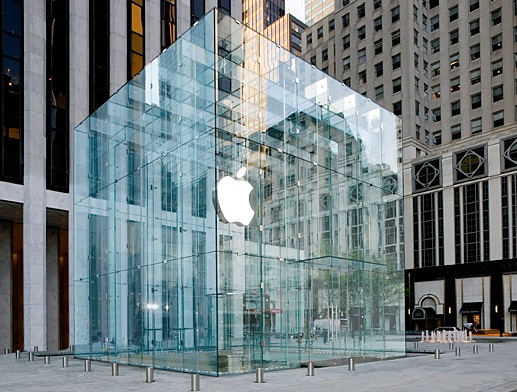If children didn’t believe in Santa, thousands of grown men wouldn’t dress up in fur-trimmed red jumpsuits, put on false beards, and give children unwanted gifts in tents every year. Perhaps some would, but they’d probably be arrested.
For the past fortnight, TV and newspaper editors in the UK have pushed aside stories of famine and the European financial crisis – which is greater now than the credit crunch three years ago – in favour of saturation coverage of the troubles of a rival media company.
This rival has real troubles, to be sure, which I will not attempt to diminish. But the volume and intensity of coverage is defined by the real size and reach of News Corporation. And this is not reality, but a myth. Just as children want a Santa, so too do editors and Prime Ministers want a “Murdoch” that resembles the omniscient movie villain/myth Keyser Soze. They’ve defined themselves by this myth.







